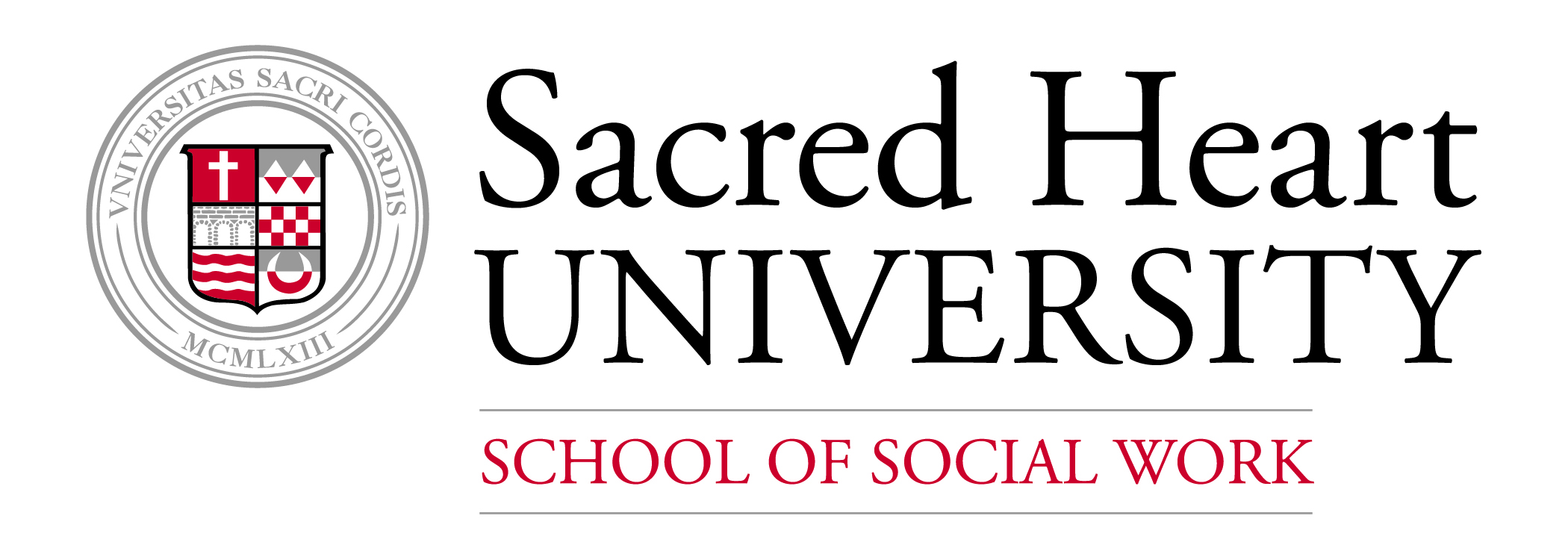Date of Award
2025
Degree Type
Dissertation
Degree Name
Doctor of Social Work (DSW)
Dissertation Chair
Nubian Sun, Ph.D.
Faculty Advisor
Bronwyn Cross-Denny, Ph.D.
2nd Reader
Meredith Powers, Ph.D.
Abstract
The social work profession has an ethical obligation to address racism, oppression, and environmental injustices. However, multilevel resistance and challenges to acknowledging and confronting these interconnected issues persist both within the profession and throughout broader society. By neglecting to integrate environmental justice and Anti-Racism and Anti-Oppression (ARAO) into practice, the social work profession remains complicit in the very cycles of oppression (white supremacy, colonialism, ableism, sexism etc.) that we seek to dismantle. Presently, no research broadly examines the use of ARAO by social workers engaged in environmental, climate change, environmental disasters, or other place and nature-based topics (ecosocial workers). Further, an ecological lens is missing in ARAO theory. Utilizing Constructivist Grounded Theory (CGT) and deductively and abductively informed by Critical Environmental Justice, this study seeks to fill these gaps by exploring the experiences and perspectives on the use of ARAO practices by ecosocial workers, as well as the individual and systematic barriers and facilitators to implementing such practices. Seventeen (N=17) ecosocial workers, representing diverse intersectional identities and professional roles participated. Through an iterative and constant comparative data co-creative process, the Critical Ecosocial Framework emerged. Comprised of five categories, the theory offers a lens for understanding and addressing intersectional racial, social, and environmental injustices across all areas of social work practice. Minimal comparison was facilitated between two demographic characteristics to contextualize the experiences and perspective from which the theory emerged. The study calls for a fundamental reorientation of social work pedagogy, policy, practice, and research toward a more interdependent, collaborative, equitable, and sustainable futures.
Recommended Citation
Dolan-Reilly, G.L. (2025). The critical ecosocial framework: A constructivist grounded theory integrating anit-racist, anti-oppressive, and ecosocial work practice [Unpublished doctoral dissertation]. Sacred Heart University.
Creative Commons License

This work is licensed under a Creative Commons Attribution-NonCommercial-Share Alike 4.0 International License.




Comments
A PhD in Social Work project submitted in partial fulfillment of the requirements for the degree of Doctor of Social Work, Sacred Heart University College of Arts and Sciences.